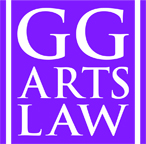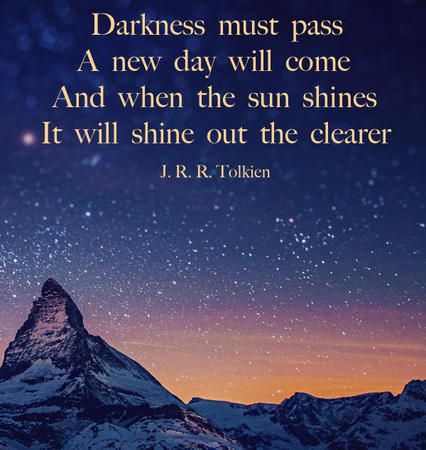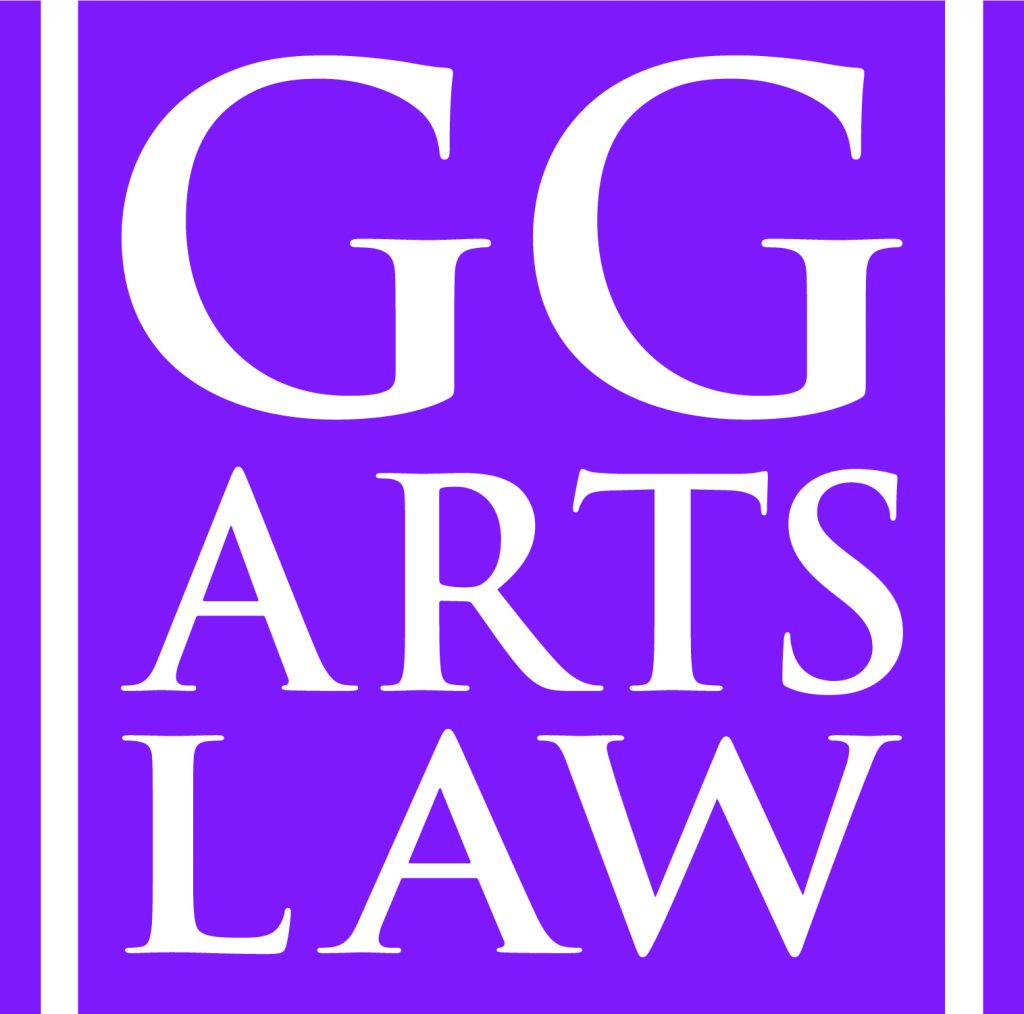LAW & DISORDER
Performing Arts Division
June 25, 2024

INSIDE THIS ISSUE:
• A National Ban on Performance Exclusivity Clauses
• Posting Recordings on Websites
• Artist Visa News, Nausea & Updates
• Your Contract Playlist
Legal Issue of the Month:
Will a New National Ban on Non-Compete Agreements Also Apply to Performance Exclusivity Clauses?

You may recall (or not, that’s ok, too) that in our last newsletter we discussed that on April 23, 2024, the Federal Trade Commission (FTC) issued a nation-wide ruling banning non-compete clauses in all employment contracts, regardless whether an individual is hired as an actual “employee” or as an independent contractor, paid or unpaid, an intern, or a sub-contractor hired to provide service to another party’s client or customer. You can read the announcement HERE.
Further review and analysis have shown that this new ruling, should it go into effect, will also prohibit venues and presenters from including any language in their engagement agreements restricting or prohibiting where an artist can perform before or after an artist’s performance. In other words, should the Grunion Run Performing Arts Center engage the Willy Tugger Jazz Band, they could not prohibit the band from performing two days later at the Annual Grunion Run Mayonnaise Festival where admission is free. Of course, regardless of the future contractual enforceability of a performance exclusivity clause, any artist who actually did this would be hammering a nail deep into the coffin of their touring career.
Whilst the official effective date has yet to be announced, unless the new regulation is pre-empted by a lawsuit or other judicial action, then the ruling will likely go into effect sometime in Fall 2024.
Dear Law and Disorder:
Actual questions we get asked and the answers people actually don’t want
“With thanks, your friendly, neighbourhood car thief”

Dear Law & Disorder:
I want to post a video on my website that I found on the internet that would be perfect for my new project. I will give full credit to the musician, including the musician’s original link, would this be legal? And can you please specify on what full credit means.
A “copyright” is literally the right to make copies. A copyright “infringement” is when you make a copy of something without the owner’s permission. Almost everything you can find on the internet (photos, images, videos, text, etc.) is someone else’s property. Part of the challenge of understanding digital rights is that the ease with which we can download and copy materials on the internet tends to make us forget that copying any materials without permission is still copyright infringement. Without question, many people post pictures, videos, and other materials and are more than happy to have others repost and share them; but that decision is entirely up to the person who owns the materials. In other words, just because a car is parked on the street, doesn’t mean it’s free for the taking. As for giving “full credit,” that’s like stealing a car, but leaving a thank you note on the owner’s door. It doesn’t make it any less a crime.
If you want to get actual permission to post a video, photograph, or any other copyrighted material on your website, then you need to get permission (aka “a license”) from the owner—which may or may not be the artist. The better option would be for you to post a link to the video rather than post the video itself. In other words, you would be inviting your readers to go to YouTube or the artist’s own website to view the video. This way, the owner can control whether or not they want the video to be shared.
And now, the part you’ve all been waiting for……
Artist Visa News, Nausea
& Updates

Most of you know by now that between December 2023 and April 2024, USCIS implemented a number of new filing fees and policies purportedly designed to “maintain adequate service.” Please Note: I did not make that part up. This is direct quote from the preamble to the Final Rule issued by USCIS on January 31, 2024 in which it sets out the goals of its new rules and policies: Not to “improve service” or even “increase processing times,” but to aspire to the lofty and inspired goal of “maintain adequate service.” You can read it for yourself HERE. That’s only slightly less disingenuous than a mobile service touting a 6G upgrade of two tin cans and piece of string.
USCIS, far from its delusions of adequacy, instead has taken an already broken system, smashed it into more pieces, glued it back together with spit and crushed graham crackers, and tossed it into a soggy carboard box of berserk cane toads. After two months in the toad box, here’s where we are:
1. Standard Processing Times Are Getting Slower
Processing times are getting longer, slower, and more intense, which is good news only for those of you who fantasize about USCIS visa examiners. Though we have seen a few instances of standard processed petitions taking 4 months or longer, most seem to be taking 2 – 4 months from the date of filing. Whilst the Vermont Service Center appears to be processing more quickly than the California Service, as USCIS is no longer assigning petitions to service centers based on jurisdiction, there is no way to know where your petition will wind up or exactly how long it will take to be processed.
Premium Processing appears to be taking 7 – 15 business days, with, again, Vermont processing more quickly than California.
2. USCIS Is Losing P Petitions
For those of you unfortunately forced to file multiple P petition to cover large groups, such as four P-1 Petitions to cover an orchestra of 80 musicians, USCIS is splitting them up and sending them to different service centers who adjudicate them at different times. Even when a single P-1 Petition is filed concurrently with a single P-1S Petition or an O-1 Petition is filed with an O-2 Petition, USCIS is splitting them up and sending them to different examiners at different service centers. In the interest of further proving that they aren’t even competent enough to trust with scissors, USCIS is also losing a few along the way. In one particular case, three P-1 Petitions for a large group were filed concurrently with premium processing. USCIS approved 2 and lost 1. Eventually, they found it 30 days after it had been filed, emailed the receipt notice with a thoughtful note saying, “thanks for your patience,” and approved it 2 days later. (Yes, USCIS has to refund the premium processing fee for that one.) So, allow even more time when filing petitions for large groups.
TIP: If you do not receive an I-979 Receipt Notice for a filed petition, then go to your bank and see if USCIS cashed the filing fee check. If so, on the back of the cancelled check will be the receipt number for the petition. You can then use this to deride them when they try to claim it was never filed.
3. USCIS Is Improperly Rejecting Petitions
There have been numerous instances reported of USCIS rejecting petitions for incorrect filing fees even where the filing fees were correct. This appears to be due to the fact the separating the total filing fee of a petition into multiple different fees based on the business status of the petitioner has not worked as seamlessly as they had hoped. USCIS reports that this is a “training issue,” which presumably means this will improve with rolled newspaper and better treats.
TIP: If you are a non-profit of an employer of 1 – 25 employees, then be sure to address this in your cover letter and explain why you qualify for a reduced fee. Also remember to provide the appropriate documentation of your status.
REMINDER: To qualify as a “small employer” you must have at least 1 full-time employee on a payroll and from whose pay checks taxes are withheld. Otherwise, you are a “small business” or “self-employed” and must pay the maximum filing fees.
4. USCIS Is Issuing Barmier RFEs
USCIS has always been renowned for issuing tragically comical Requests for Evidence (RFEs) when it comes to displays of their obliviousness of anything that occurs on a stage—which, of course, always raises the question of whose idea it was to give them the final say on the casting and booking decisions of major opera companies, theatres, and presenters in the first place. Nonetheless, unattended USCIS Examiners have recently been burrowing into new depths of obtusity in their soiled sand box and issuing more preposterous RFEs. In particular, we have seen a disturbing increase in RFEs for P-1S (Essential Support Staff) Petitions in which they are asking for individual employment contracts for each person with specific employment terms and conditions, more information on why the services provided are necessary for a performance, and why the group can’t just hire US workers to do the same thing. To pluck just a few pearls:
- What do stage managers do and why are they necessary for a performance?
- Why can’t an orchestra engage a US-based Orchestra Manager to manage their orchestra when they perform in the US?
- If the group is performing in New York City, will the group’s lighting designer and stage technicians be providing their services at the same venue at the same time?
Other notable RFE’s we have seen over the last few months include USCIS contending that:
- An “audience prize” given to an artist at a competition does not count as an “award” because he was selected by the audience and not by experts, critics, or judges in his field.
- Competitions for “Young Artists” do not count as significant awards or competitions because young artists are only competing against other young artists. For such an award to be “significant”, the competition must include older artists.
- An opera conductor is not in the same field as an orchestral conductor because one conducts orchestras and one conducts operas, thereby requiring two union consultation letters.
- An artist performing at a festival cannot be a “lead and starring artist” if there are other artists also performing at the same festival. To be a “lead and starring artist,” the artist must be the only artist performing at the festival.
And my personal favourite: a request for “independent, third-party proof” of the formal name and full street address of Carnegie Hall, as well as proof that, just because the artist has been engaged to perform at Carnegie Hall they will physically be performing on-site.
Fortunately, all of these petitions were ultimately approved, but not without extra expense, lost time, and digging ever deeper into the repository of linguistic condescension in responding to the RFEs—including printing out Google Maps driving directions from the address of the California Service Center to the front door of Carnegie Hall.
TIP: Trying to explain or induce USCIS to appreciate the impact of their ineptness on the Performing Arts will produce only slightly less meaningful results than a zip log bag of toenail clippings. Rather, work around them. Know that they are extraordinarily paranoid, as well as painfully literal. Never explain or make them think. Give them what they want to know, regardless of how stupid or rudimentary it may seem, and in the simplest of terms possible. If what they want doesn’t exist, draft simple, specific documents just for USCIS that addresses the specific things they want to know.
Want To Listen To More About Contracts?

My friend and longtime client, Laura Colby, a performing arts manager based in New York City, hosts a podcast entitled The Middle Woman. In The Middle Woman, Laura discusses best practices for managing, touring, and presenting the performing arts from the lens of a working artist and shares her collected learnings with the new generation of performing arts professionals.
She recently invited me to join her in a discussion about contracts in the performing arts.
Here are the links to access the episode on Spotify, Amazon Music, Audible, and Apple Podcast.
Whilst it may or may not be the best thing to listen to before going to bed, it was a great discussion.
Deep Thoughts
“Remember, when you are dead, you do not know you are dead. It is only painful for others. The same applies when you are stupid.”
― Ricky Gervais
Let us know what you’d like to hear more about.
Send us an email, post on Facebook, mail us a letter, dispatch a messenger, raise a smoke signal, reach out telepathically, or use whatever method works for you.
OFFICIAL LEGALESE:
THIS IS NOT LEGAL ADVICE!
The purpose of this blog is to provide general advice and guidance, not legal advice. Please consult with an attorney familiar with your specific circumstances, facts, challenges, medications, psychiatric disorders, past-lives, karmic debt, and anything else that may impact your situation before drawing any conclusions, deciding upon a course of action, sending a threatening email, filing a lawsuit, or basically doing anything that may in any way rely upon an assumption that we know what we are talking about or one size fits all!

 It’s no secret that a vast expanses of artists, venues, managers, presenters, and agents prefer to have engagement contracts with all the “fun stuff” (dates, fees, travel, repertoire, etc) confirmed and signed on the front and the “terms and conditions” left alone, shunned, cold, abandoned, and forsaken on the back. Such “terms and conditions” are often dismissed as “just all the legal stuff” or “the legalese” or “stuff we had a lawyer draft for us years ago and we have no idea what it means, but we can’t change it.”
It’s no secret that a vast expanses of artists, venues, managers, presenters, and agents prefer to have engagement contracts with all the “fun stuff” (dates, fees, travel, repertoire, etc) confirmed and signed on the front and the “terms and conditions” left alone, shunned, cold, abandoned, and forsaken on the back. Such “terms and conditions” are often dismissed as “just all the legal stuff” or “the legalese” or “stuff we had a lawyer draft for us years ago and we have no idea what it means, but we can’t change it.”

 GG Arts Law provides a comprehensive range of legal services and strategic support for the performing arts, including: Artist Visas, Taxes, and Touring; Rights & Licensing; Negotiations & Representation; Contracts; Business & Non-Profit Organization & Management; Project Management; and Strategic Consulting & Planning.
GG Arts Law provides a comprehensive range of legal services and strategic support for the performing arts, including: Artist Visas, Taxes, and Touring; Rights & Licensing; Negotiations & Representation; Contracts; Business & Non-Profit Organization & Management; Project Management; and Strategic Consulting & Planning.

 Hopefully, in March we’ll be able to focus on topics other than artist visas, including recent updates on non-compete clauses, handling engagement fee deposits, and other important, but less volatile matters.
Hopefully, in March we’ll be able to focus on topics other than artist visas, including recent updates on non-compete clauses, handling engagement fee deposits, and other important, but less volatile matters.






 It’s so rare that I get to share anything positive in the world of artist visas that I still find myself wondering if I have inadvertently fallen through the matrix into someplace where it is not 2021.
It’s so rare that I get to share anything positive in the world of artist visas that I still find myself wondering if I have inadvertently fallen through the matrix into someplace where it is not 2021. We are delighted to announce and welcome a new addition to the team at GG Arts Law: Harrison Weinstein. In the role of Artist Services Assistant, Harrison will be providing an additional level of support services to our artists and clients in areas such as contract servicing and administrative support.
We are delighted to announce and welcome a new addition to the team at GG Arts Law: Harrison Weinstein. In the role of Artist Services Assistant, Harrison will be providing an additional level of support services to our artists and clients in areas such as contract servicing and administrative support.



